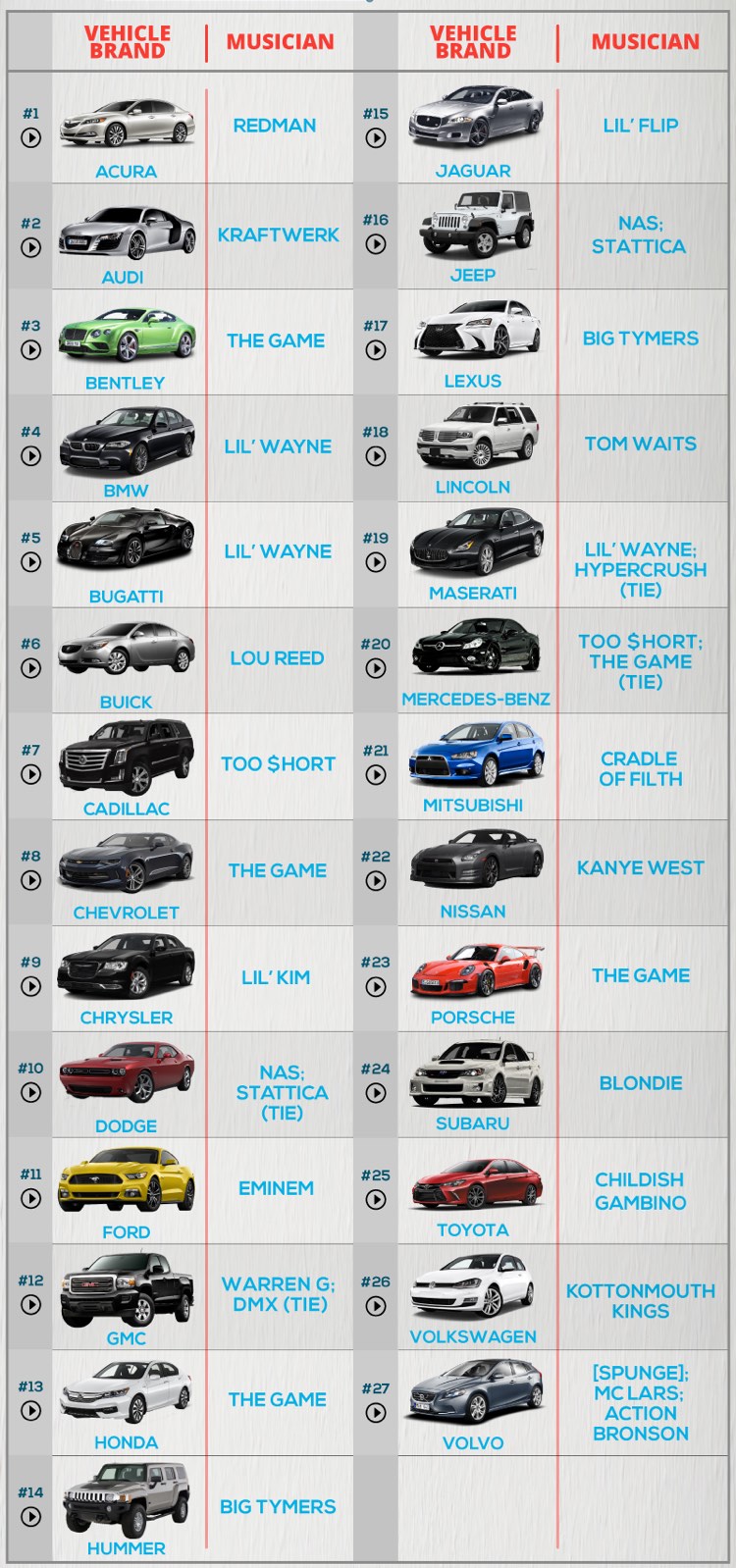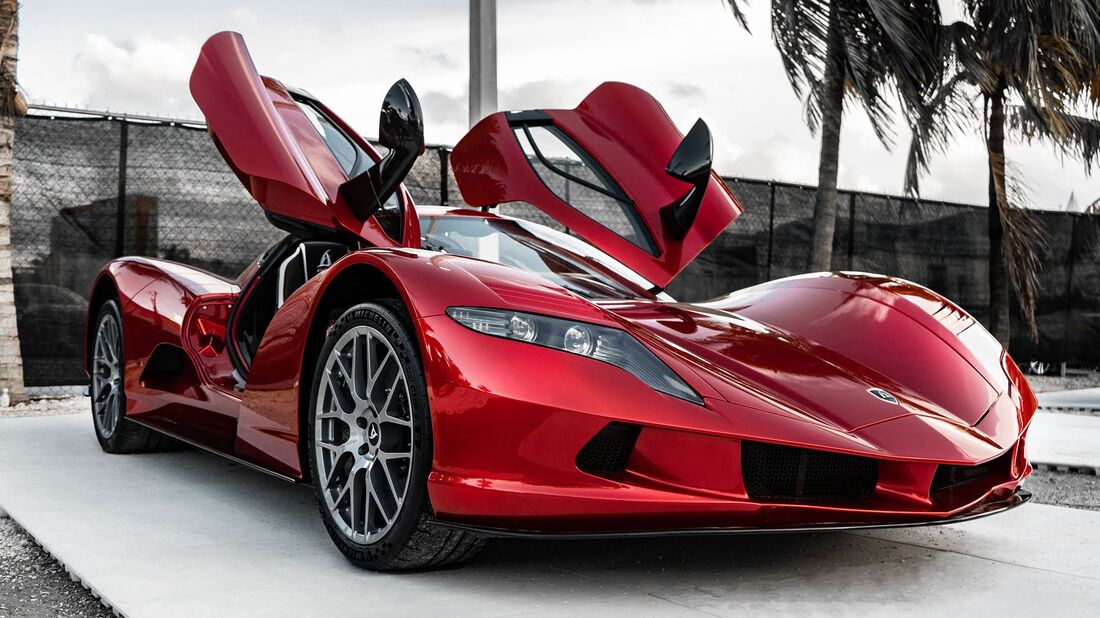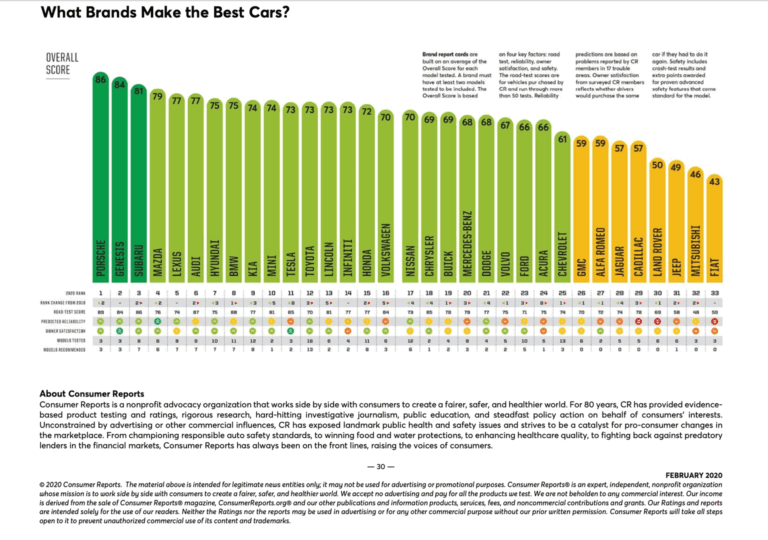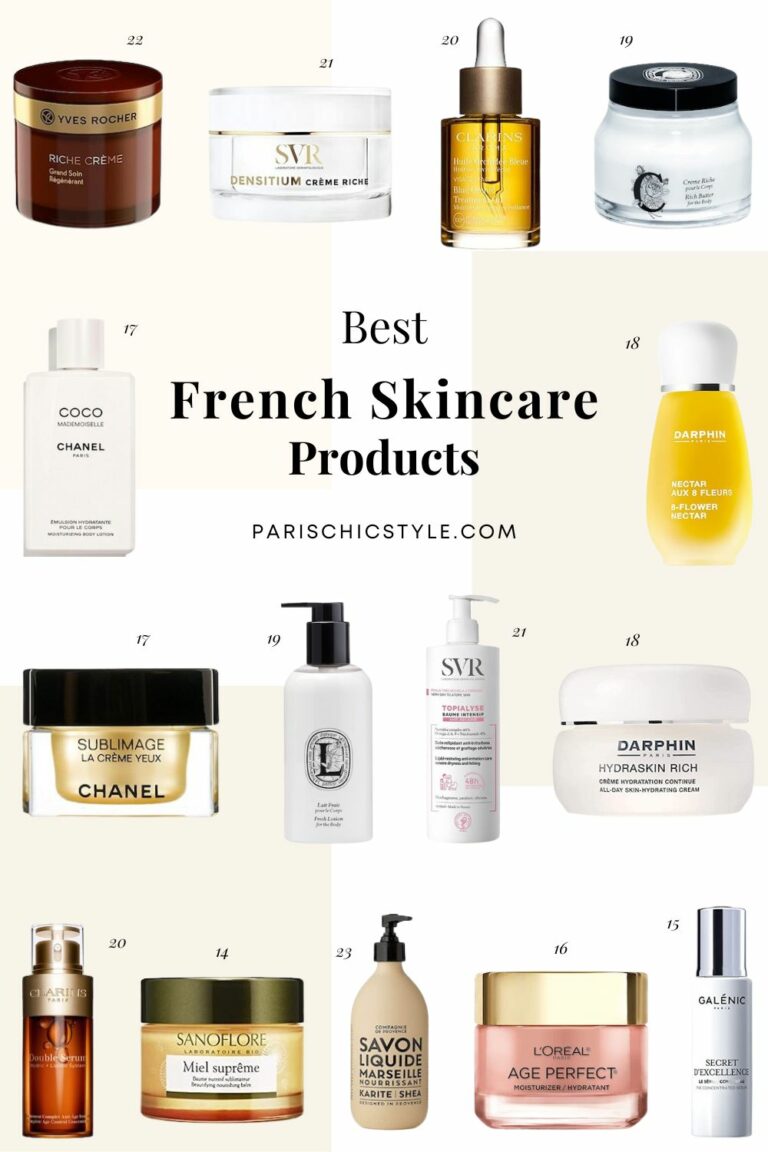Best Luxury Car Brands 2020: A Comprehensive Guide to Automotive Excellence
Best Luxury Car Brands 2020: A Comprehensive Guide to Automotive Excellence cars.truckstrend.com
The year 2020, while challenging in many aspects, remained a beacon of innovation and aspiration within the automotive industry, particularly in the luxury segment. For discerning buyers, the landscape of high-end vehicles offered an unparalleled blend of opulent comfort, cutting-edge technology, breathtaking performance, and exquisite craftsmanship. Identifying the "best" luxury car brands isn’t merely about price tags; it’s about a holistic experience – a brand’s heritage, its commitment to innovation, the tactile quality of its materials, and the emotional connection it forges with its owner.
This comprehensive guide delves into the world of luxury automobiles as it stood in 2020, exploring the dominant players, the defining characteristics of their offerings, and the key considerations for anyone navigating this exclusive market. Whether you were a long-time enthusiast or a prospective buyer looking to understand the pinnacle of automotive engineering, 2020 presented a fascinating array of choices that pushed the boundaries of what a car could be.
Best Luxury Car Brands 2020: A Comprehensive Guide to Automotive Excellence
Defining Luxury in the Automotive World of 2020
What truly set a luxury car brand apart in 2020? It was a confluence of several critical factors that transcended mere transportation:
- Exquisite Craftsmanship and Materials: Beyond standard materials, luxury brands utilized premium leather, real wood veneers, genuine metal accents, and even exotic materials like carbon fiber. The fit and finish were impeccable, with every stitch and seam meticulously executed.
- Cutting-Edge Technology and Innovation: From advanced infotainment systems with intuitive controls to sophisticated driver-assistance features (ADAS), predictive suspension systems, and increasingly, electrified powertrains, luxury cars were often the first to showcase the automotive world’s latest technological marvels.
- Unrivaled Comfort and Refinement: Plush, ergonomically designed seating, superior sound insulation, smooth powertrains, and adaptive suspensions combined to create an exceptionally quiet and comfortable ride, even on long journeys.
- Potent Performance and Dynamic Capabilities: While comfort was paramount, luxury vehicles also offered powerful engines, refined transmissions, and precise handling, ensuring an engaging driving experience when desired.
- Exclusivity and Brand Prestige: Owning a luxury car often signified status and success. The heritage and reputation of brands like Mercedes-Benz, BMW, and Audi, along with the sheer exclusivity of marques like Rolls-Royce and Bentley, contributed significantly to their allure.
- Exceptional Customer Service: The luxury experience extended beyond the vehicle itself to personalized sales experiences, dedicated service advisors, and premium after-sales support.

In 2020, these elements converged to create vehicles that were not just modes of transport, but statements of intent, havens of tranquility, and showcases of human ingenuity.
The Titans of Luxury: Top Brands in 2020
In 2020, several brands consistently topped the lists for their blend of luxury, performance, and innovation. While the "best" is subjective, these brands offered compelling arguments:

1. Mercedes-Benz: The Epitome of Modern Luxury
Mercedes-Benz continued its reign as a benchmark for luxury and sophistication. In 2020, models like the flagship S-Class (though a new generation was on the horizon, the W222 was still a formidable contender), the versatile E-Class, and their expansive SUV lineup (GLC, GLE, GLS) offered a compelling mix of classic elegance and futuristic technology. Mercedes was known for its opulent interiors, leading-edge MBUX infotainment system, advanced safety features, and a ride quality that was often described as gliding on air. Their AMG performance division also catered to those desiring a more aggressive, high-performance luxury experience.
2. BMW: The Ultimate Driving Machine with Refinement
BMW maintained its reputation for delivering a sporty yet luxurious driving experience. In 2020, the 7 Series offered supreme comfort and technology, while the 5 Series balanced performance with executive refinement. Their X-series SUVs (X3, X5, X7) were strong contenders in the luxury SUV market, combining dynamic handling with premium interiors. BMW’s focus on driver engagement, powerful engines, and intuitive iDrive infotainment system appealed to those who enjoyed being connected to the road.
3. Audi: Design, Technology, and Quattro Dominance

Audi stood out with its sleek, minimalist design language, sophisticated technology, and the ubiquitous Quattro all-wheel-drive system. The A8 sedan provided a luxurious, tech-laden cabin, while the A6 and A7 offered a compelling blend of style and substance. Their Q-series SUVs (Q5, Q7, Q8) were popular for their practical luxury and refined driving dynamics. Audi’s virtual cockpit, high-quality interiors, and progressive lighting technology were significant draws.
4. Lexus: Unwavering Reliability and Serene Comfort
Lexus, Toyota’s luxury arm, continued to impress with its steadfast reliability, refined powertrains, and exceptionally quiet and comfortable cabins. The LS sedan was a testament to Japanese craftsmanship and serene luxury, while the ES offered a more accessible yet still premium experience. Their RX SUV remained a best-seller, known for its plush ride and user-friendly features. Lexus prioritized a smooth, dependable, and hassle-free ownership experience, often coupled with exemplary customer service.
5. Porsche: Performance Meets Practical Luxury
While often associated with sports cars, Porsche’s Panamera sedan and Cayenne/Macan SUVs firmly established them in the luxury segment. In 2020, these models offered unparalleled driving dynamics, exquisite build quality, and surprisingly practical interiors, all infused with the brand’s performance DNA. For those who wanted a luxury vehicle that could truly thrill behind the wheel, Porsche was an undeniable choice.
6. Land Rover / Range Rover: Rugged Elegance and Capability
Land Rover and its premium sub-brand, Range Rover, defined luxury SUVs in 2020. The iconic Range Rover and Range Rover Sport combined majestic road presence, ultra-luxurious interiors, and legendary off-road capability. The new Defender, launched in 2020, brought a more modern, rugged luxury to the lineup. These vehicles appealed to adventurers who demanded uncompromising luxury and go-anywhere prowess.
7. Volvo: Scandinavian Sophistication and Safety
Volvo carved out a unique niche with its focus on minimalist Scandinavian design, unparalleled safety features, and a commitment to sustainability. In 2020, models like the XC90 SUV, S90 sedan, and V90 wagon offered beautifully designed interiors, comfortable seating, and a serene driving experience, all wrapped in a package that prioritized occupant well-being. Volvo’s approach to luxury was understated but deeply appealing.
8. Genesis: The Emerging Challenger
Hyundai’s luxury brand, Genesis, made significant strides in 2020. With models like the G80 and G90 sedans, Genesis offered incredible value, sophisticated designs, and feature-rich interiors that rivaled more established German competitors. Their aggressive warranty and focus on a seamless ownership experience made them an attractive alternative for those seeking modern luxury without the traditional premium price tag.
Key Considerations When Choosing a Luxury Car in 2020
Selecting the right luxury car involves more than just admiring a brand; it requires careful consideration of various factors to ensure it aligns with your lifestyle and expectations.
- Budget and Ownership Costs: While the purchase price is significant, remember to factor in insurance, fuel economy, and crucially, maintenance costs. Luxury cars often have higher service expenses due to specialized parts and labor. Researching certified pre-owned (CPO) options can also be a smart way to access luxury at a more palatable price point.
- Lifestyle and Usage: Do you need a spacious SUV for family trips, a nimble sedan for city commuting, or a high-performance coupe for weekend drives? Your daily routine will dictate the most practical body style and features.
- Technology and Infotainment: Evaluate the infotainment system’s user-friendliness, connectivity options (Apple CarPlay/Android Auto), and the suite of driver-assistance features (adaptive cruise control, lane-keeping assist, parking assist).
- Performance vs. Comfort: Some brands lean more towards sporty performance (BMW, Porsche), while others prioritize ultimate comfort and refinement (Mercedes-Benz, Lexus). Determine your preference.
- Brand Reputation and Reliability: While all luxury brands aim for high quality, some have stronger reputations for long-term reliability (Lexus being a prime example). Research owner reviews and reliability ratings.
- Resale Value: Certain luxury brands and models hold their value better than others. This is an important consideration if you plan to upgrade in a few years.
- Sustainability and Future Trends: In 2020, electrification was gaining momentum. Many luxury brands offered plug-in hybrid (PHEV) options, and a few had full EVs. Consider if this aligns with your values and future driving needs.
The Evolution of Luxury: Trends in 2020
2020 saw luxury automotive design and engineering continue to evolve rapidly:
- Electrification: While not yet mainstream, PHEVs became common across luxury lineups, and dedicated EVs like the Porsche Taycan and Audi e-tron were making their mark, signaling a significant shift towards sustainable luxury.
- Advanced Driver-Assistance Systems (ADAS): Semi-autonomous driving features, sophisticated parking aids, and comprehensive safety suites became standard or widely available, enhancing both safety and convenience.
- Seamless Connectivity: Integrated apps, over-the-air updates, and intuitive voice controls transformed the in-car experience, making the vehicle an extension of one’s digital life.
- Personalization: Luxury brands offered an increasing array of customization options, from unique interior trims to bespoke paint colors, allowing owners to truly make their vehicle their own.
- Wellness and Biometric Features: Some vehicles started incorporating features aimed at occupant well-being, such as air purification systems, ambient lighting tailored to mood, and even rudimentary biometric sensors.
These trends underscored that luxury in 2020 was no longer just about power and prestige; it was about creating a smart, safe, and deeply personal environment.
Practical Advice for Prospective Luxury Car Owners
- Test Drive Extensively: Don’t just take a quick spin. Drive the car on various road types – highways, city streets, and winding roads – to get a true feel for its comfort, handling, and features.
- Research Total Cost of Ownership: Go beyond the sticker price. Look up insurance rates, typical maintenance schedules, and expected repair costs.
- Consider Certified Pre-Owned (CPO): CPO vehicles offer significant savings over new cars, often come with extended warranties, and have undergone rigorous inspections, providing peace of mind.
- Understand Technology Integration: Ensure you’re comfortable with the car’s infotainment system and driver-assist features. Spend time exploring them during your test drive.
- Evaluate Dealership Experience: The luxury ownership experience extends to service. Choose a dealership with a strong reputation for customer service and convenient service options.
Price Table: Representative Luxury Car Brands and Models (2020 Estimates)
It’s important to note that prices for luxury vehicles vary wildly based on trim levels, optional features, and regional markets. The figures below represent starting MSRPs for representative models from 2020 and are intended as a general guide.
| Brand | Defining Characteristics | Representative Model (2020) | Starting MSRP (Approx. USD, 2020) |
|---|---|---|---|
| Mercedes-Benz | Ultimate Comfort, Leading Tech, Prestige | S-Class (S 450) | $95,000 – $100,000 |
| BMW | Dynamic Driving, Sporty Luxury, Driver Focus | 7 Series (740i) | $85,000 – $90,000 |
| Audi | Sophisticated Design, Advanced AWD (Quattro), Tech-Forward | A8 (55 TFSI) | $85,000 – $90,000 |
| Lexus | Unwavering Reliability, Serene Comfort, Refined | LS (LS 500) | $75,000 – $80,000 |
| Porsche | Performance Luxury, Exquisite Engineering, Driving Purity | Panamera (Base) | $88,000 – $92,000 |
| Land Rover | Rugged Elegance, Off-Road Capability, Premium SUVs | Range Rover (Base) | $90,000 – $95,000 |
| Volvo | Scandinavian Design, Unrivaled Safety, Understated Luxury | XC90 (T5 Momentum) | $48,000 – $52,000 |
| Genesis | Value-Oriented Luxury, Modern Design, Strong Warranty | G80 (3.8) | $42,000 – $46,000 |
| Rolls-Royce | Ultra-Luxury, Bespoke Craftsmanship, Unparalleled Exclusivity | Ghost | $310,000 – $325,000 |
| Bentley | Grand Touring Luxury, Performance, Exquisite Materials | Flying Spur | $210,000 – $225,000 |
Note: These are representative starting prices for base models in 2020. Actual prices would vary significantly with options, trims, and market conditions.
Frequently Asked Questions (FAQ) about Best Luxury Car Brands 2020
Q1: What truly defined a "luxury car" in 2020?
A1: In 2020, a luxury car was defined by its superior craftsmanship, premium materials, cutting-edge technology, exceptional comfort and refinement, strong performance, and the brand’s prestige and exclusivity. It offered a holistic ownership experience that went beyond mere transportation.
Q2: Which luxury car brand offered the best technology in 2020?
A2: Mercedes-Benz (with MBUX), Audi (with Virtual Cockpit and advanced lighting), and BMW (with iDrive and sophisticated driver aids) were consistently at the forefront of automotive technology in 2020. Many other brands also offered impressive tech suites.
Q3: Were luxury cars in 2020 expensive to maintain?
A3: Generally, yes. Luxury cars typically have higher maintenance and repair costs due to specialized parts, advanced electronics, and the need for factory-trained technicians. However, some brands like Lexus were known for relatively lower long-term ownership costs compared to their German counterparts.
Q4: Which luxury brand was considered the most reliable in 2020?
A4: Lexus consistently ranked at or near the top for reliability in 2020, often followed by Genesis and some specific models from other premium brands. This is a key factor for many luxury buyers.
Q5: What was the emerging trend in luxury cars in 2020?
A5: Electrification (both plug-in hybrids and full electric vehicles) was a significant emerging trend. Advanced driver-assistance systems, increased connectivity, and a focus on personalized, wellness-oriented interiors were also prominent.
Q6: Is it better to buy a new or certified pre-owned (CPO) luxury car from 2020?
A6: Both have merits. New cars offer the latest features and full warranty coverage. CPO vehicles from 2020 offered significant savings, often came with extended warranties, and had been thoroughly inspected, making them an excellent value proposition for many buyers.
Conclusion
The luxury car market in 2020 was a vibrant tapestry of automotive excellence, showcasing the pinnacle of design, engineering, and technological prowess. From the timeless elegance of Mercedes-Benz to the driver-centric dynamics of BMW, the sophisticated minimalism of Audi, and the serene reliability of Lexus, each brand offered a distinct interpretation of what luxury means. Emerging players like Genesis also began to carve out significant niches, pushing established brands to innovate further.
Ultimately, the "best" luxury car brand in 2020 was a personal choice, dictated by individual preferences for performance, comfort, technology, and style. However, one thing remained clear: the pursuit of automotive perfection continued unabated, offering discerning buyers a truly exceptional range of vehicles that transcended mere transportation and delivered an experience of unparalleled refinement and prestige. The legacy of these 2020 models continues to influence the luxury automotive landscape today, reminding us of a year that, despite its global challenges, still brought forth some of the most remarkable machines on the road.






